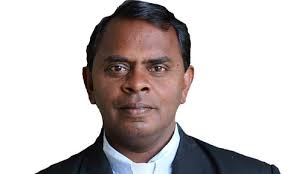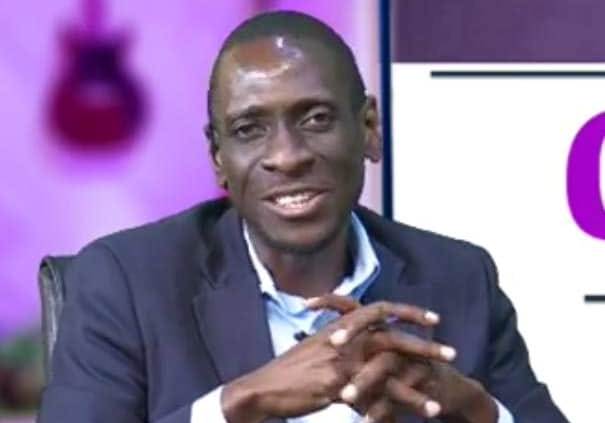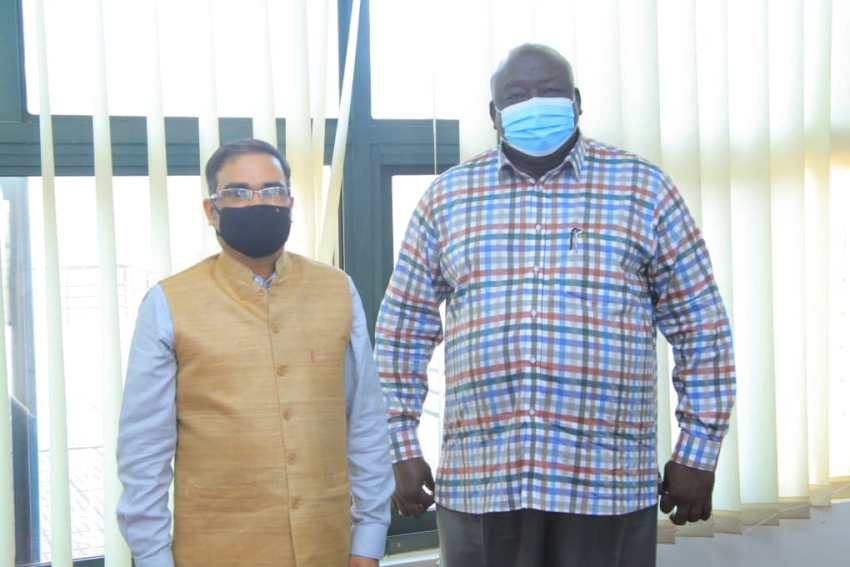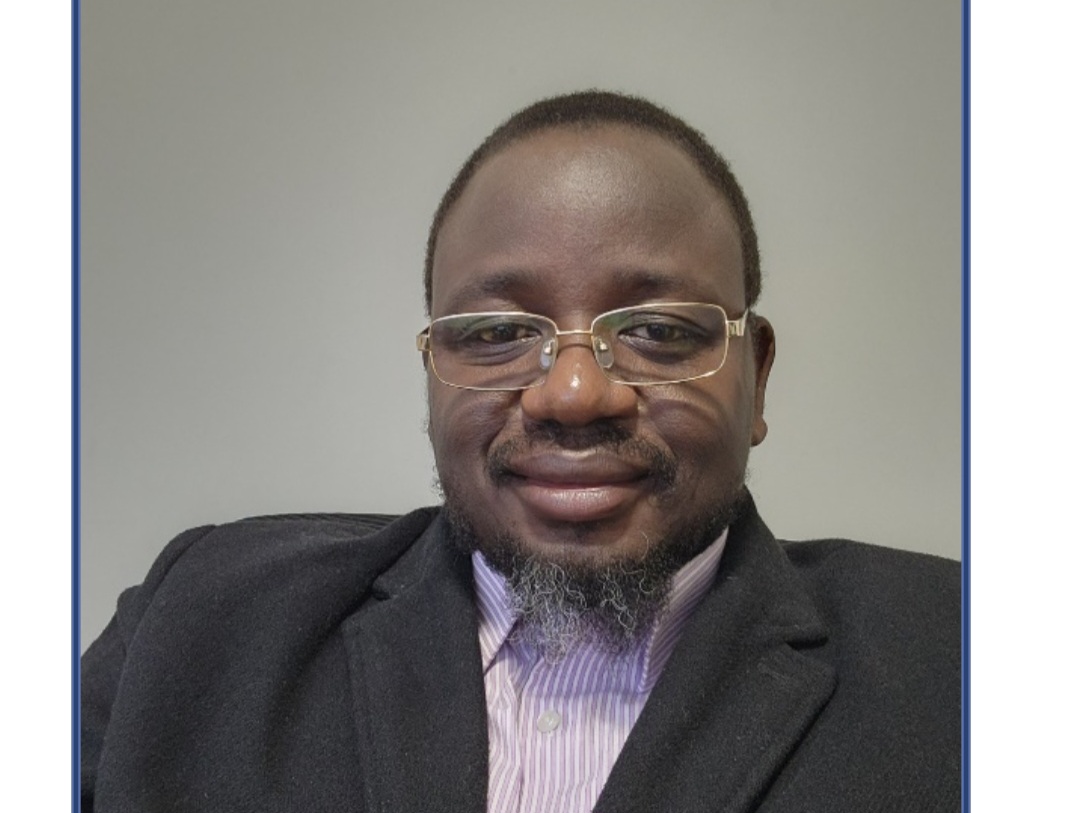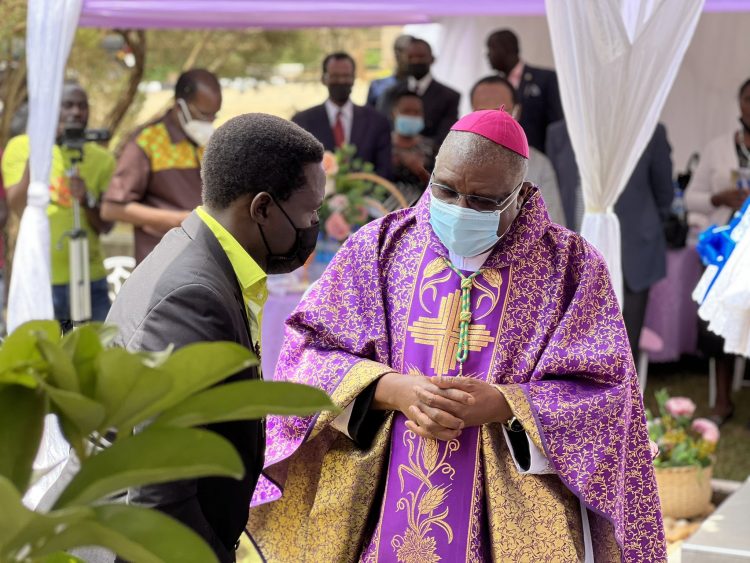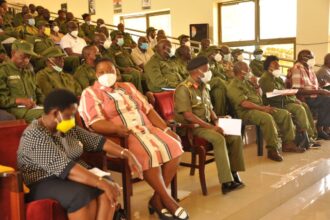Africa is a young continent in technology, innovation, development and more so in demography. In almost all the African countries the children and young people are the majority. For example in Uganda children and young people form over 60 percent of the population. Though we may consider this as a blessing it creates many practical problems, especially when we have not planned for their education and their imminent employment and career. This is a nationwide problem having sharp differences between urban and rural areas.
The imbalanced demography has a huge impact on the nation, local geographic areas, individual families and finally the individual young person concerned. A great percentage of young people live their lives without their dreams unfulfilled, needs unmet, potentialities undiscovered and talents undeveloped. This is a loss to the particular society and the nation as a whole. Certainly the young person is pushed to a life of misery, depression and outright frustration.
From the time of political independence we have not come across in almost all the African countries any national development policies and strategic actions that are geared to the development of youth, be it education or plans that will help them to prepare for their life ahead. Unfortunately lives of many of the African youth go wasted and even become a burden to the society, nation and to themselves. In redundancy coupled with the loss of cultural and moral values they are entangled in behaviour and practices that are detrimental to their personal growth. When the deviated behaviours of the youth become an order of the day the nation is faced with large scale catastrophe.
From the time of later adolescence (sometimes even in the early adolescence) given to the physical and emotional changes, youth are pushed to deviate from sexual behaviour and other crimes. An unprocessed judgment of these behaviours of youth can easily make the grownups and the responsible adults to judge them as irresponsible or even outright immoral. These judgments do not bear any fruit or bring about a change for better. We can confidently say that the adverse situation we are experiencing is a result of a failure in planning and offering the necessary means for the youth’s education and wellbeing. Here we cannot also close an eye to the bad example and the status quo of the previous generation(s).
The problem of youth has become very vivid during this COVID 19 epidemic and it’s induced Lockdown period. It has created a drastic situation especially for the youth. Coronavirus has dawned upon the world unexpectedly and has brought in unexpected consequences. We find our world no more the same—people have lost their jobs and livelihood, their properties and securities, their education and career, their loved ones and their future. Everyone, the big, the small and even the little ones have been challenged. With the closure of schools, churches and youth centres, the young people have lost one year of education and formation, which also includes loss in their moral, social and spiritual formation.
When the situation has been a difficult moment for the grownups and the better offs, it is all the more difficult for the little ones and more so for youth belonging to the poorer classes. Now the commonly experienced problem is teenage pregnancy and the other related issues and consequences; not forgetting induced abortions and the permanent health issues of physical and mental in nature.
The whole nation speaks about this situation in hissed voices and in low tones unable to take any responsibility and worse still unable to offer any concrete and immediate solutions. We come across many media reports of the situation but official statistics and analysis of the situation are not common. In Uganda the current pregnancy number during COVID Lockdown informally suggests to be about one million. Surely a comprehensive study and report will be helpful at this period. Such reports can help the various stakeholders to suggest solutions and take quicker actions. But we can be sure that any unthoughtful and unethical solutions taken in this precarious situation will only bring a long term problem, even may become unable to contain it.
There is an urgent need to look into the youth who are more vulnerable than the others; they are found in remote areas of the nation, refugee settlements, and slums in urban centres. They are often orphans, school dropouts and those living on their own without much support from their family members and responsible adults. These are drastic events and situations needing drastic response, rather urgently.
For example, Refugee Camps and Settlements in Africa are overwhelmed by children who often form over 80% of the refugee population. In any given Refugee Settlement there are thousands of children who are below the age of 13. The Settlements have a significant number of adolescent girls. The little children are often underfeed, suffer malnutrition, and the grown up children and adolescents lack basic security and protection. Now during COVID 19 Lockdown their schools, though they were already much improvised, now they are closed. Having no entertainment and opportunity to meet friends they are pushed to stress which they could not articulate or share with anyone.
This situation calls for well-thought-out political and civil action on the part of government authorities. For example, thousands of teachers who are now practically redundant can be deployed to bring change that is urgently needed. National policies and actions need to be supported and complemented by moral, pastoral, and spiritual action from the faith-based organisations, especially by the traditional churches and Islamic institutions. The cultural institutions can surely be vehicles of communication and play an intermediary role.
Fr. Lazar Arasu
Priest and School Administrator.
Do you have a story in your community or an opinion to share with us: Email us at Submit an Article



